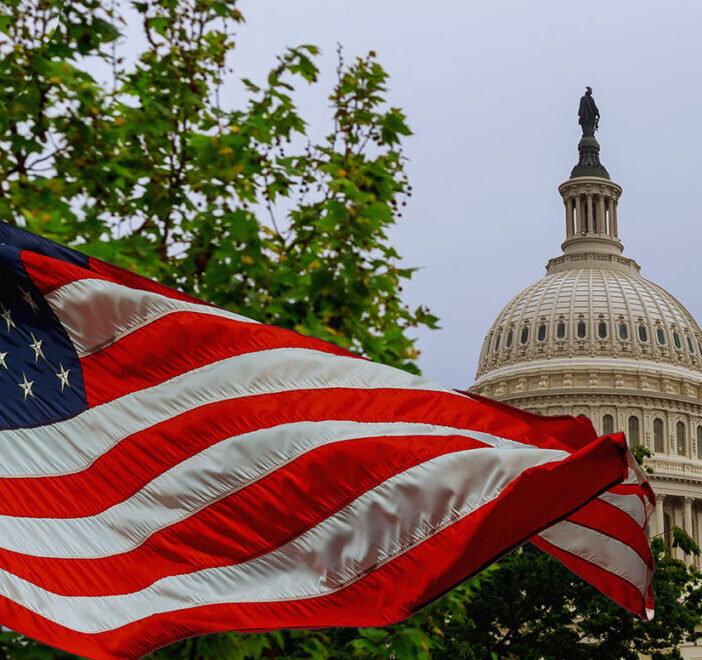More Measures Coming to SNF VBP & QRP programs
LeadingAge has put together a summary table of the new QRP & VBP measures outlining the years the new measures will begin impacting payments, as well as the years the data is being collected from. SNFs should take note that some data they are reporting currently will factor into their future Medicare rates. SNF rates will be impacted beginning October 1, 2022 based upon their ability to successfully report at least one week’s worth of data on COVID-19 Vaccination Coverage for Healthcare Personnel into NHSN each month for 12 months. Data collection on this measure goes back to October 1, 2021. In addition, SNFs must ensure that at least 80% of the MDS assessments that they have successfully submitted included all of the required MDS data elements to calculate the 8 remaining QRP measures. Failure to achieve either reporting threshold will result in SNF’s Medicare FFS payments to be reduced beginning October 1, 2022.
Although provider payments will not be impacted until October 1, 2023 related to NHSN reporting on Influenza Vaccination Coverage Among Healthcare Personnel, SNFs will need to begin to track and collect these data points as of October 1, 2022 through March 31, 2023, and submit the requirement report by May 15, 2023. SNFs will use the HCP Influenza data reporting module in the NHSN HPS Component and complete two forms to meet this one-time per year reporting requirement. SNFs who have not yet reported this data should begin reviewing the requirements of the module and establish processes for collecting this information if they aren’t already.
The FY2023 SNF Prospective Payment System Rule also finalized a number of new measures and process changes to expand the SNF VBP to include additional measures. SNF Medicare rates will not be impacted by the new measures until FY2026 at the earliest but baseline data for the three new measures is already being collected to calculate NSF Healthcare-Associated Infections (HAI) Requiring Hospitalizations, Total Nursing Hours per Resident Day Staffing, and Discharge to Community(DTC) – Post Acute Care (PAC) for SNFs. SNFs should begin to look at their MDS submissions to ensure that data is complete in the necessary fields to calculate these measures, as their performance on these measures compared to the baseline performance will determine the value-based incentive payment they receive.
Case Minimum policies
As CMS begins to add measures to the SNF VBP program, it is replacing the current low-volume policy with measure minimums that a SNF must meet in a given program year in order to be eligible for VBP. For each measure, a minimum number of eligible stays or residents must be met for CMS to calculate a performance score on the measure, and then a provider must have a performance score for a minimum number of measures to be eligible for a value-based incentive payment (VBIP). Providers will need to have a performance score on 2 of 3 measures beginning in FY2026 and 3 of 4 measures in FY2027 and beyond in order to be considered for a VBIP. SNFs who do not meet the minimums will have no adjustment applied to their Medicare fee-for-service rates in that year. They will receive a full payment.
The following are the minimums for each measure included in the VBP program:
- SNF Readmission Measure (SNFRM): CMS will maintain the current case minimum standard for SNFRM, which requires a SNF to have a minimum of 25 eligible stays for CMS to calculate a performance score for this measure.
- SNF Healthcare Acquired Infections Resulting in Hospitalization = 25 eligible stays over one-year performance period.
- Total Nurse Staffing = Minimum of 25 residents across all available quarters during the 1-year performance period
- Discharge to Community = minimum of 25 eligible stays during the applicable 2-year performance period
In addition, if a SNF does not meet the minimum data requirements on a measure for the baseline year beginning in FY2026, then CMS will only calculate the SNF’s achievement score not an improvement score (which shows a SNF’s year-over-year change in performance).
VBP Scoring Methodology beginning FY2026
Beginning in FY2026, SNFs will be able to earn up to 10 points for each measure for achievement and up to 9 points per measure for improvement. When making point determinations, CMS will set the benchmark at the top decile of SNF performance for a measure and the achievement threshold at the 25th percentile of performance on a measure during the baseline period. For SNFs that achieve benchmark performance or higher on a measure, they will receive 10 points for the measure. SNFs who perform below the achievement threshold (25th percentile) receive 0 achievement points. SNFs performing between the benchmark and achievement thresholds will receive between 0 and 10 points for a measure based upon an established achievement score formula.
CMS will also award Improvement scores comparing a SNFs current performance to its baseline period performance. No points are awarded if the SNFs performance hasn’t improved (is equal to or lower than) compared to the baseline performance. Those who improve their performance between the two years so it is higher than the benchmark would receive a full 9 points. Those between their baseline performance and the benchmark will be awarded between 0 and 9 points based upon the prescribed formula. Ultimately, the SNF will receive the higher of the achievement and improvement scores, which becomes their performance score on the measure. These scores will include decimal gradations.
Now that there will be multiple measures, CMS will add up the points for each of the measures and then translate them into a score on a 100-point scale. All measures will be weighted equally.
CMS will be providing updated materials and training on the new measures for both the VBP and the QRP programs. More information on SNF QRP can be found here. CMS has put together a fact sheet on the FY2023 SNF VBP as well as a program timeline. Further VBP updates can be found here.

Most Recommended
July 11, 2025
 Budget Reconciliation 2025
Budget Reconciliation 2025
July 08, 2025
Pathways for Foreign-Born Workers
Recently Added
July 09, 2025



